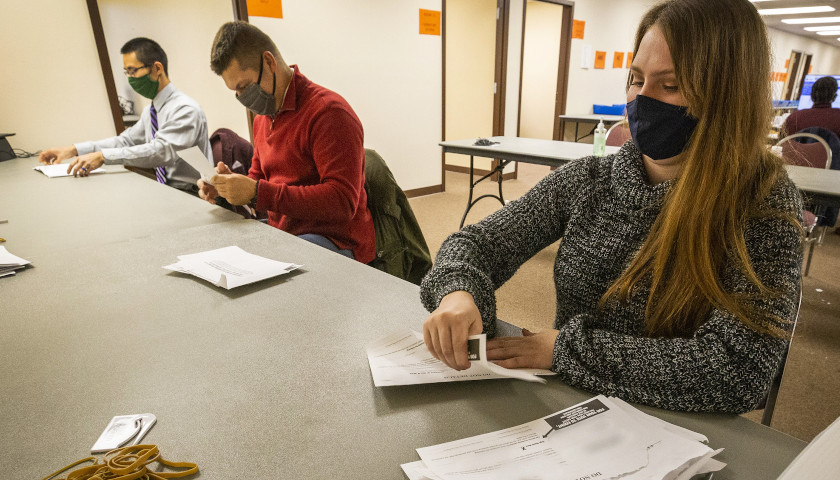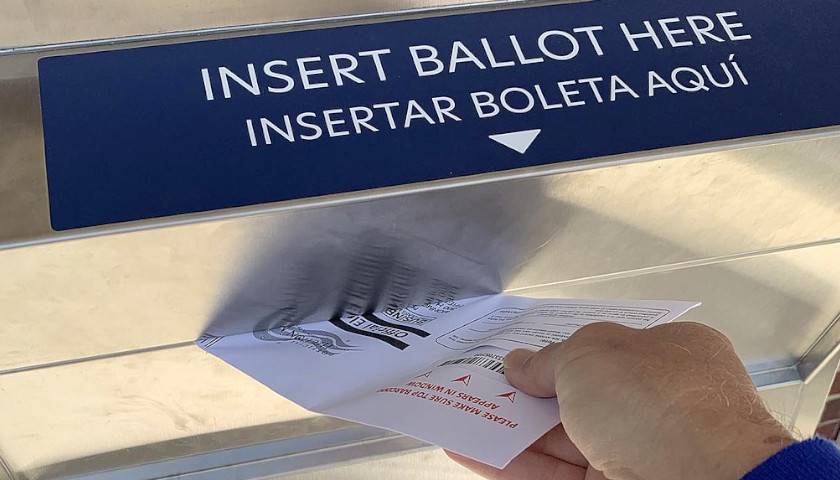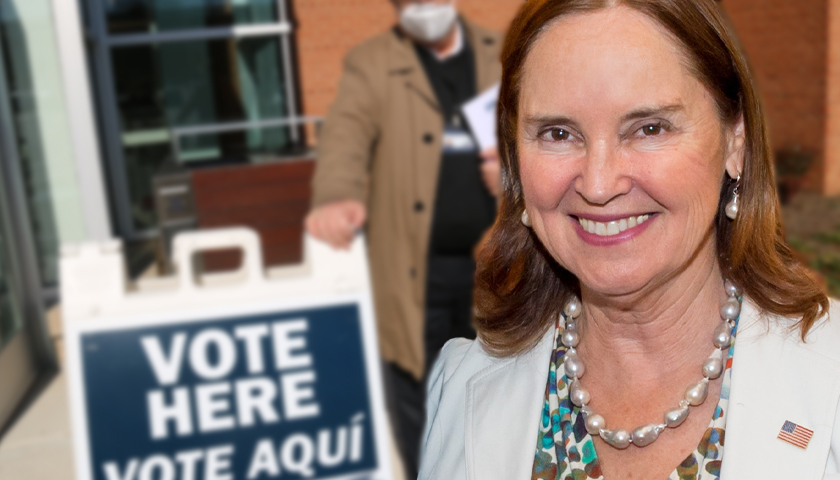The 2020 U.S. election was unique in many respects, but its chief distinguishing feature is that it occurred during a full-scale pandemic. One consequence was that the election operated under regulations that changed how Americans vote. Some states bent voting rules to expand access. Some resorted to mail-in voting to ensure that everyone who wanted to vote could do so. These actions were, to some extent, understandable, but the resulting conditions were extraordinary, and the dramatic increase in mail-in voting created a major political phenomenon: the blue shift, in which late-counted ballots turn voting outcomes toward the Democrats.
On election night, vote totals initially looked good for President Donald Trump. But as mail-in votes rolled in, central swing states moved into Joe Biden’s column, and Biden won the election. The phenomenon disrupted expectations – and sowed distrust. Many of my Republican family members said, “It didn’t seem right. I knew something was wrong.” Trump, attuned to the emotions of his base, made use of this sentiment. He stoked suspicion that Democrats stole the election. The nightmarish result was the Jan. 6 insurrection.
Read More





